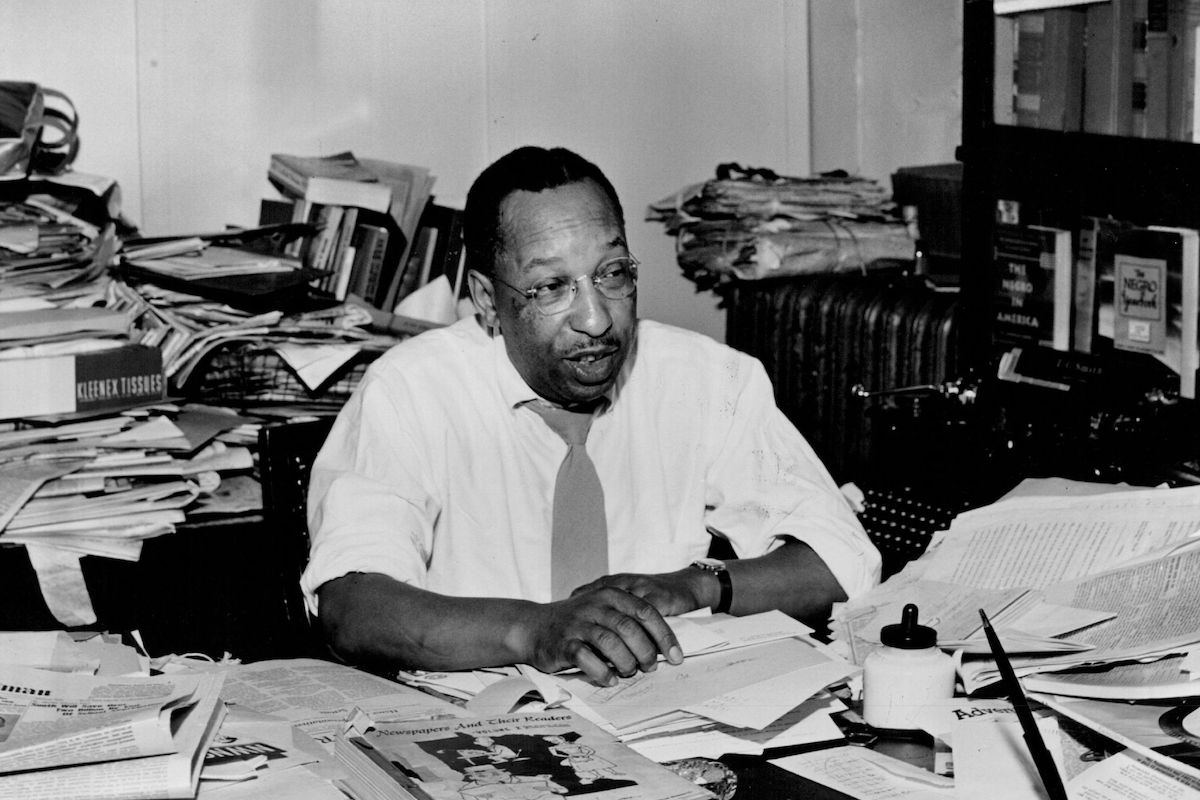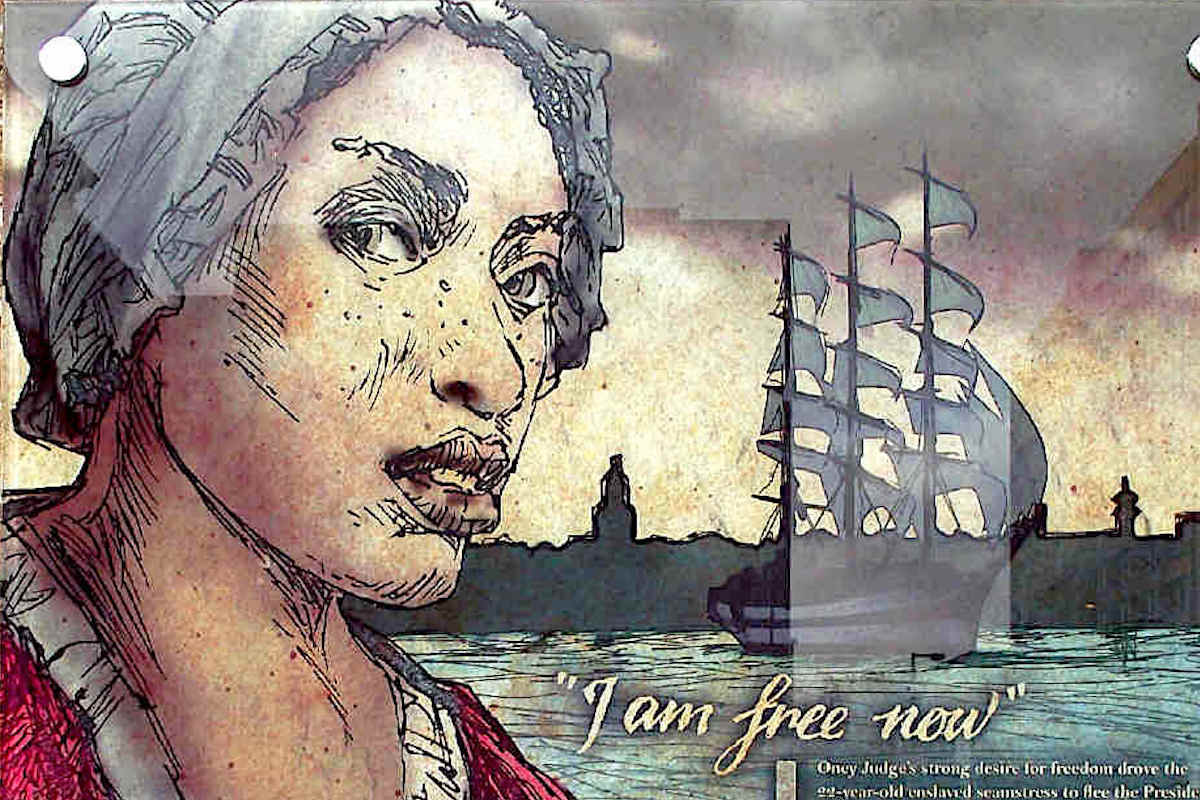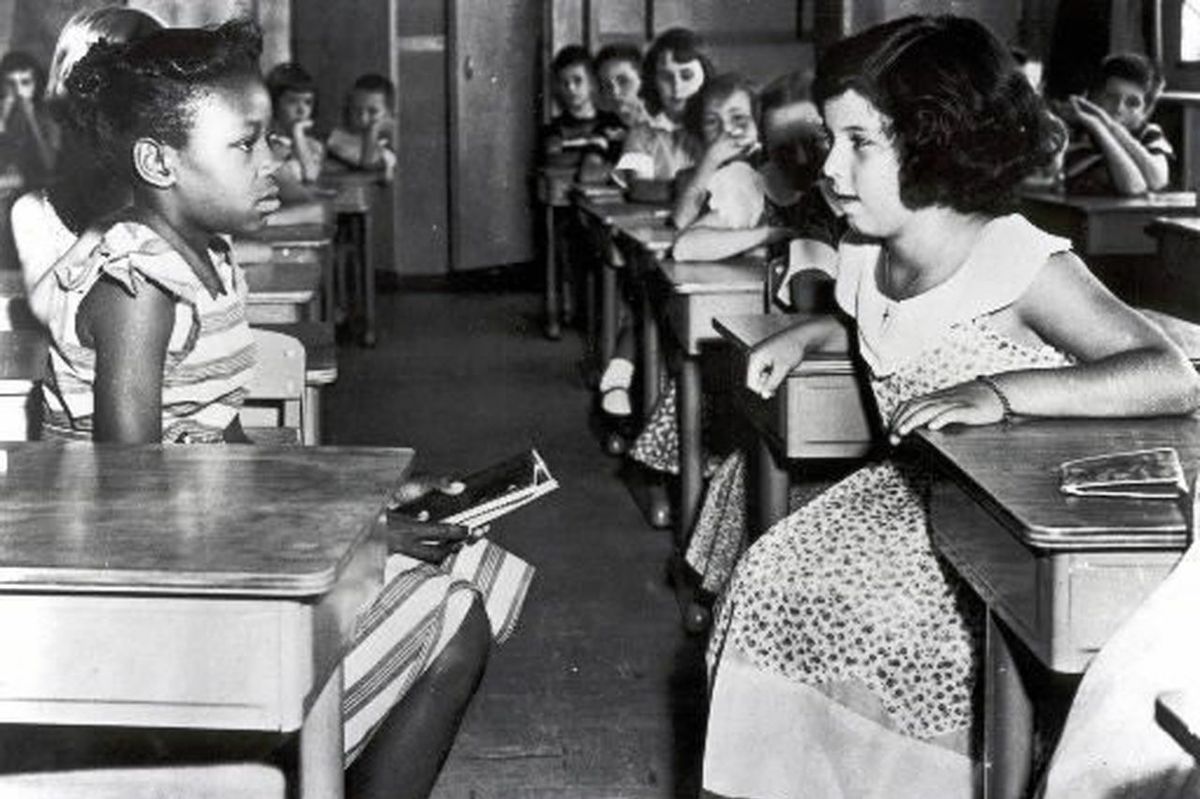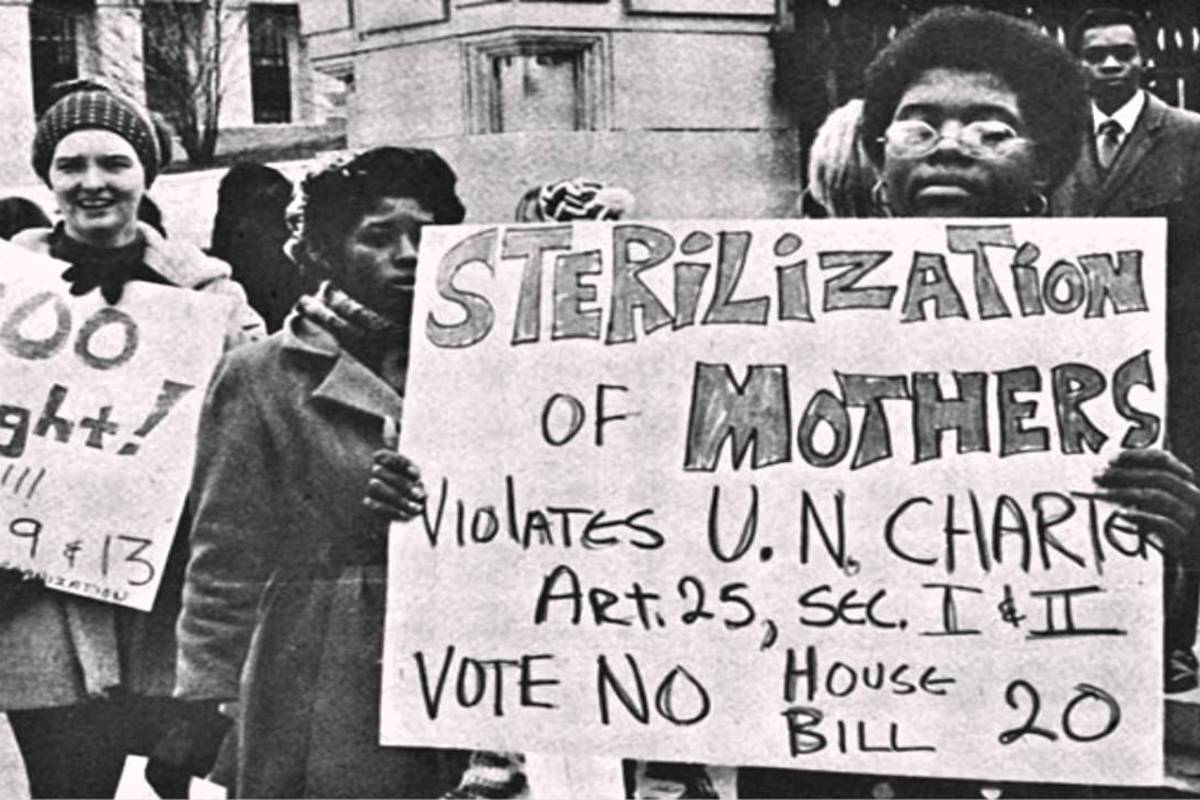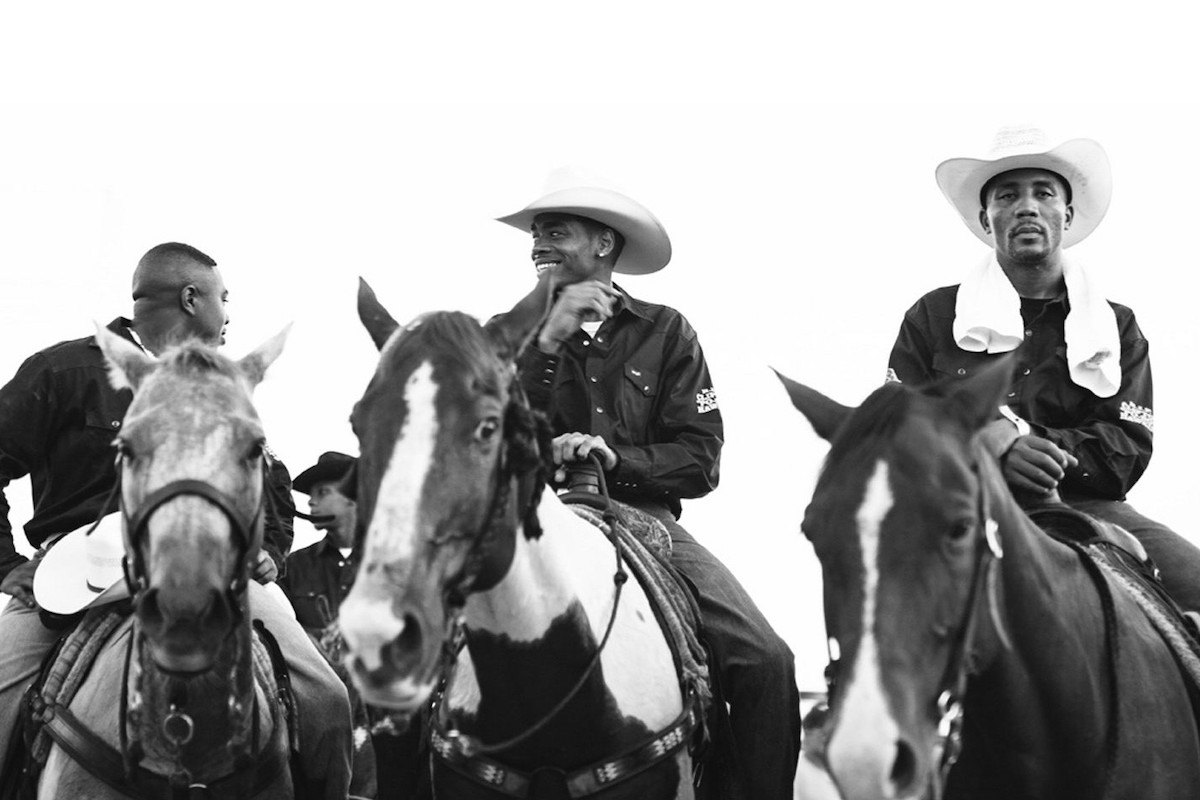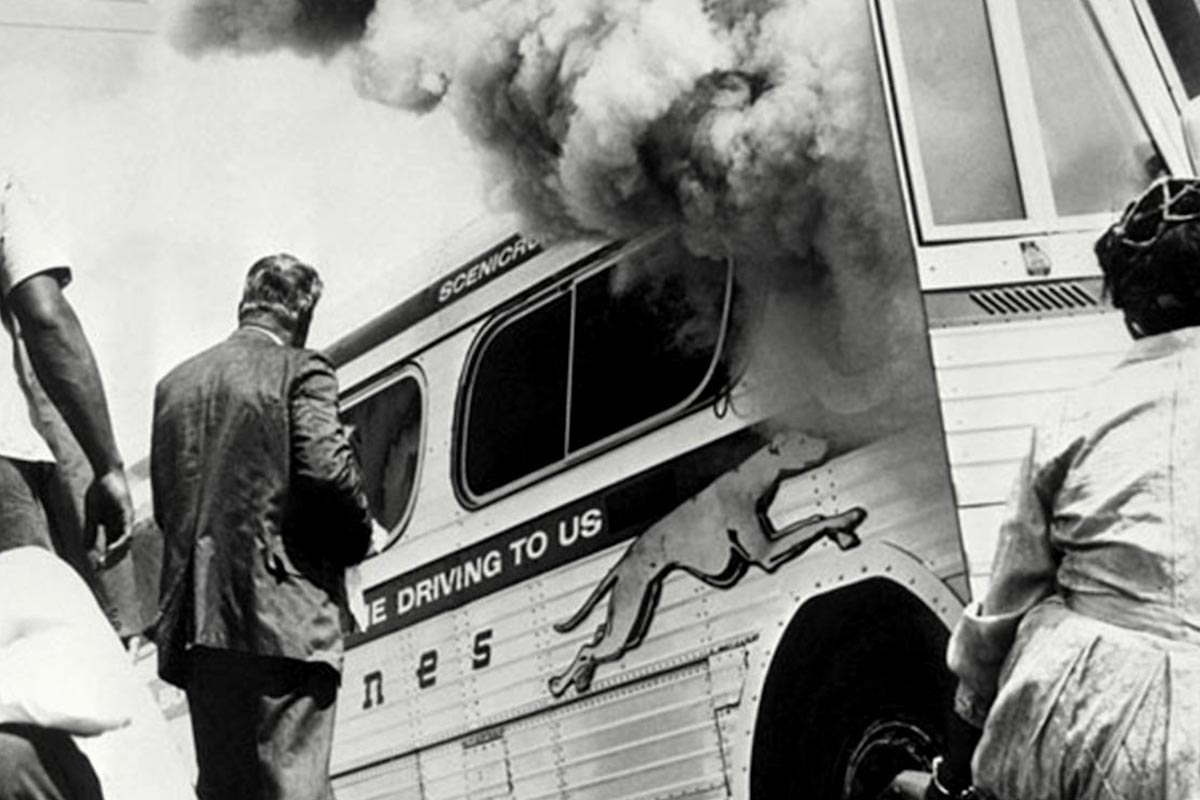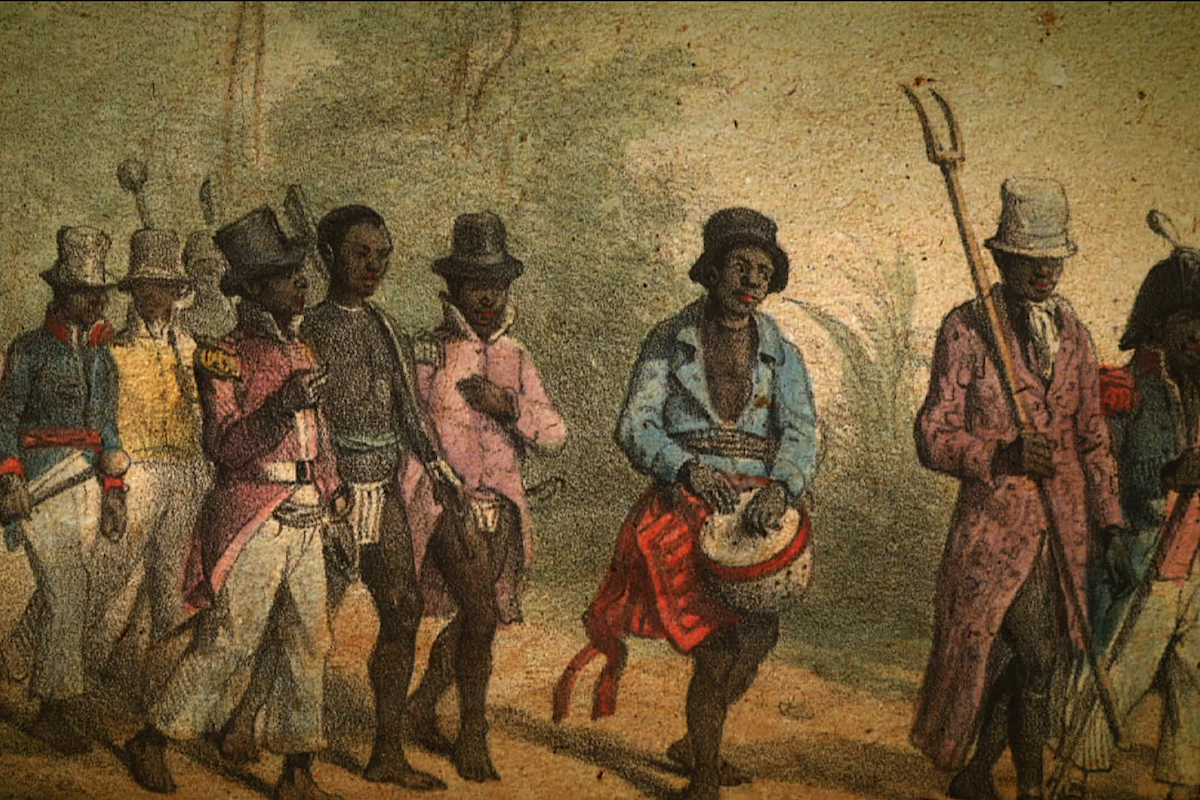Los Angeles, Cali. – LeBron James’ entertainment company, Springhill Productions, is funding a filmmaker’s documentary on Tulsa’s Greenwood District and the 1921 race massacre. Salima Koroma, who made her directorial debut in “Bad Rap” a 2016 documentary about four Asian-American rappers, told The Oklahoma Eagle she pitched her documentary to Springhill in April. Springhill recently produced the Netflix […]
View MoreCategory: African American History
The problem with the Minneapolis police has decades-deep roots | The Washington Post
Samuel G. Freedman, a journalism professor at Columbia University, is writing a book about Hubert Humphrey, civil rights and the 1948 presidential campaign. Six blocks and 75 years away from the Minneapolis street where George Floyd suffocated beneath the knee of a police officer, a squad of a dozen cops raided a restaurant owned by […]
View MorePresident George Washington Offers Reward for Capture of Black Woman Fleeing Enslavement | EJI, A History of Racial Justice
On May 23, 1796, a newspaper ad was placed seeking the return of Ona “Oney” Judge, an enslaved black woman who had “absconded from the household of the President of the United States,” George Washington. Ms. Judge had successfully escaped slavery two days earlier, fleeing Philadelphia, Pennsylvania, and settling in freedom in New Hampshire. Known […]
View MoreSupreme Court Bans School Segregation, Sparking Massive White Resistance | EJI, A History of Racial Justice
On May 17, 1954, the United States Supreme Court unanimously ruled that segregation in public education was unconstitutional, overturning the “separate but equal” doctrine in place since 1896, and sparking massive resistance among white Americans committed to racial inequality. The Supreme Court’s landmark decision in Brown v. Board of Education grew out of several cases challenging racial […]
View MoreNorth Carolina Proposes Compensation for Victims of Decades-Long Forced Sterilization Program | EJI, A History of Racial Justice
On May 16, 2012, the North Carolina legislature considered a bill recommending compensation for victims of the state’s forced sterilization program. Beginning in 1933, the Eugenics Board of North Carolina oversaw approximately 7,600 forced sterilizations. In contrast with other eugenics programs in the United States, North Carolina’s board enabled county departments of public welfare to […]
View More‘The Black Cowboy’ will shine light on history hidden in plain sight | The Undefeated
Documentary in production lends insight into African-American cowboys and rodeo Denard Butler is not the typical cowboy in Checotah, Oklahoma, known as the steer wrestling capital of America. He holds an advanced degree in behavioral health and worked for a time as a therapist. He speaks routinely about “the laws of the universe” and quotes […]
View MoreAfter reparations | The Washington Post
How a scholarship helped — and didn’t help — descendants of victims of the 1923 Rosewood racial massacre. By Robert Samuels, The Washington Post TALLAHASSEE — Ever since Morgan Carter was a little girl, her grandmother would tell her a story. It was about an old mill town, deep in the backwoods of north Florida — […]
View MoreFreedom Riders Attacked in Anniston, Alabama | EJI, A History of Racial Injustice
In 1961, a group of civil rights activists known as the Freedom Riders began a desegregation campaign. The interracial group rode together on interstate buses headed south from Washington, D.C., and patronized the bus stations along the way, to test the enforcement of Supreme Court decisions that prohibited discrimination in interstate passenger travel. Their efforts […]
View MoreWhite Men Kidnap And Rape Black Teenager; Later Avoid Punishment | EJI, A History of Racial Justice
On May 13, 1956, sixteen-year-old Annette Butler of Tylertown, Mississippi, was kidnapped and raped by four white men. Ms. Butler and her family reported the assault and the men were arrested, jailed, and tried for the crime – a rarity in Mississippi for white men charged with assaulting black women. Near dawn on May 13th […]
View MoreSouth Carolina Passes Negro Act of 1740; Codifying White Supremacy | EJI, A History of Racial Justice
On May 10, 1740, the South Carolina Assembly enacted the “Bill for the better ordering and governing of Negroes and other slaves in this province,” also known as the Negro Act of 1740. The law prohibited enslaved African people from growing their own food, learning to read, moving freely, assembling in groups, or earning money. […]
View More

